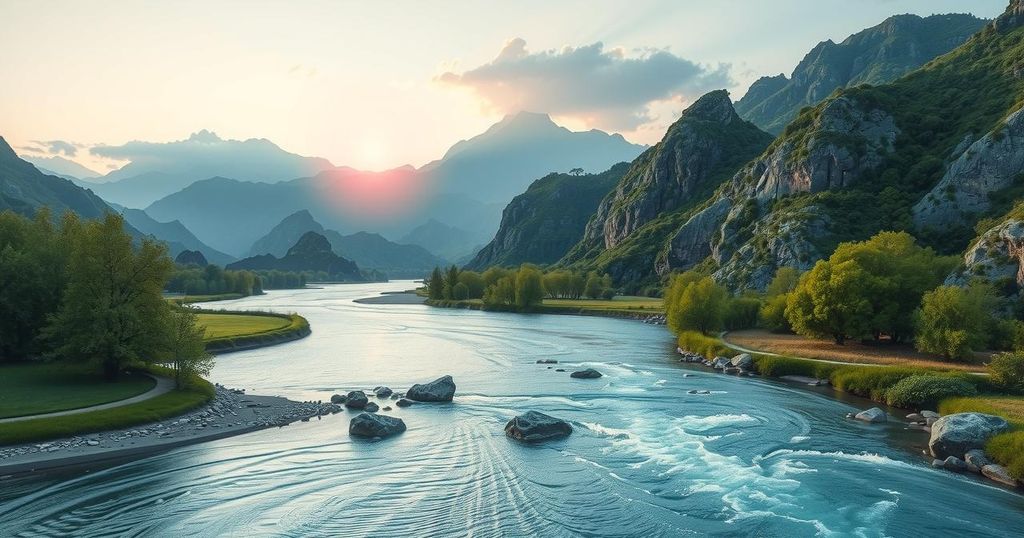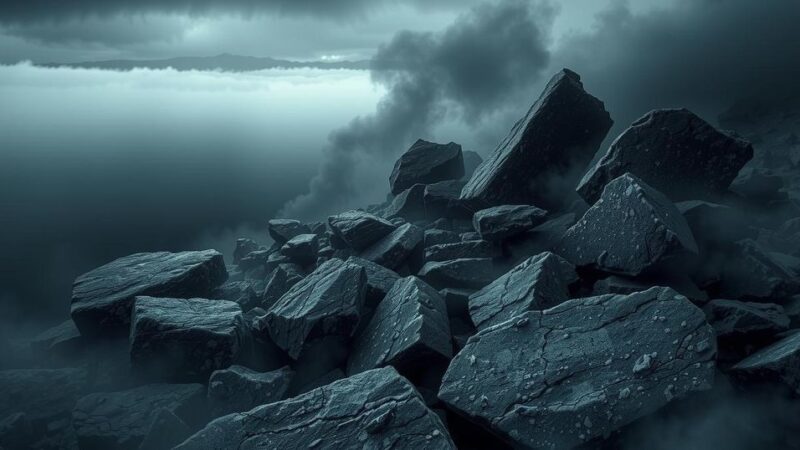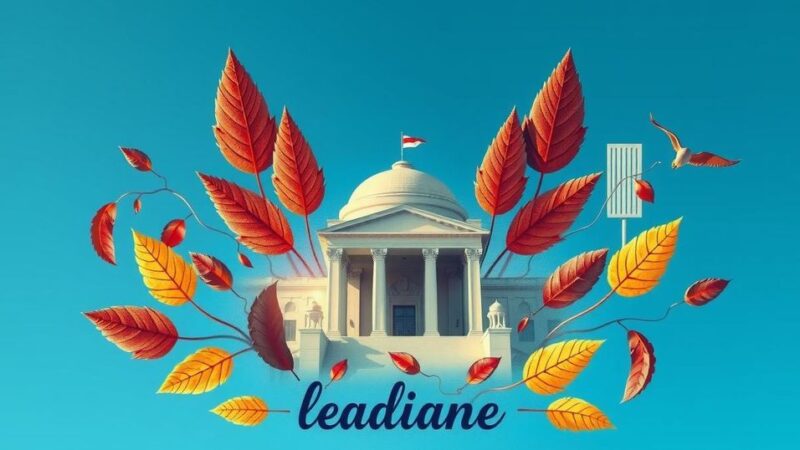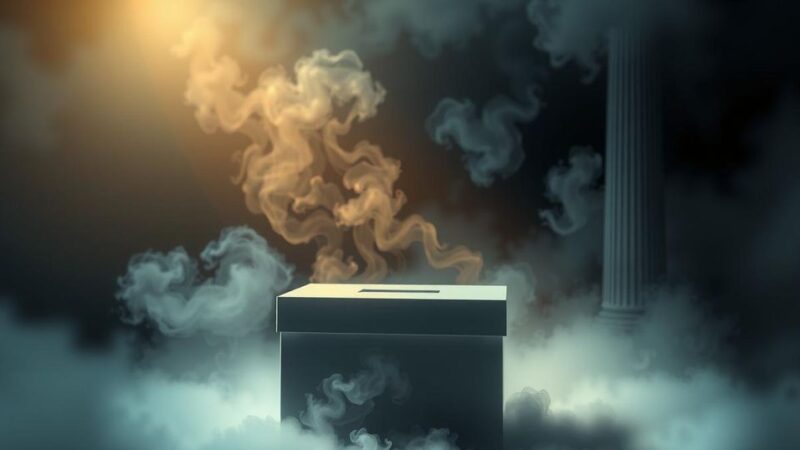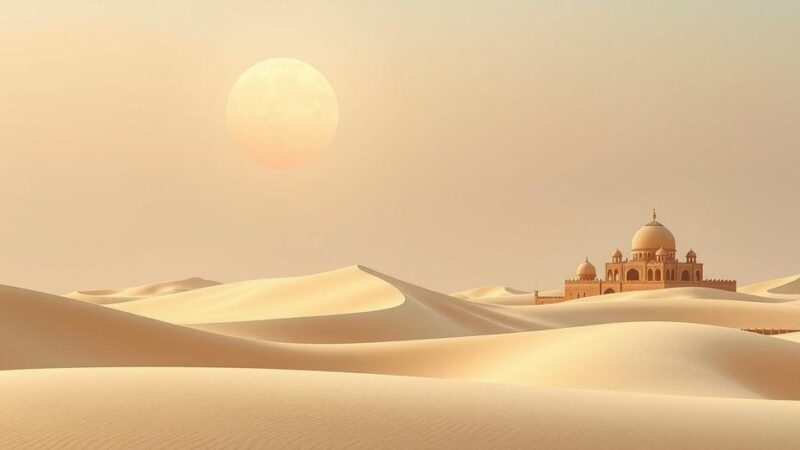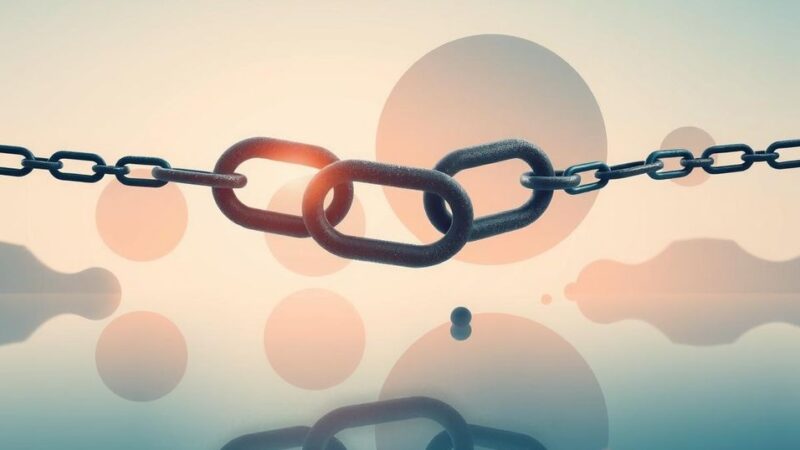The DRC crisis has intensified due to M23 rebels seizing territory, prompting responses from neighboring countries, including Rwanda and Uganda. President Tshisekedi aims to reclaim control and stabilize the region, while Kagame denies support for M23, framing Rwanda’s actions as defensive. Regional tensions rise as Burundi warns of conflict and Uganda balances its military strategy, all amid fears of a wider war. South Africa’s troop involvement further complicates the situation as hostilities escalate.
The crisis in the Democratic Republic of Congo (DRC), marked by M23 rebels’ seizure of significant territories in mineral-rich eastern regions, has escalated into a humanitarian and diplomatic emergency. Neighboring nations have deployed troops in the area, reflecting a long history of external interference in DRC’s delicate political landscape. Both East and Southern African blocs are convening an emergency summit, seeking solutions to the ongoing conflict. Key players include the Congolese government, as led by President Félix Tshisekedi, who is striving to reclaim lost territories, including Goma, while accusing Rwandan leadership of supporting the rebels. Evidence, as presented by a UN report, supports claims that Rwanda aids M23, prompting calls for military withdrawal from Kigali, yet international responses have been limited. Tshisekedi’s political future is tenuous, as the conflict poses risks of internal opposition and a potential military coup.
Rwanda’s President Paul Kagame remains central yet elusive in this ongoing conflict. Historically engaged in DRC’s affairs post-genocide, Rwanda denies its military support for M23, claiming it aims to protect its borders from civil war spill-over and to combat armed groups threatening both Rwandan and Congolese Tutsis. Kagame’s position demands acknowledgment of Rwanda’s narrative, emphasizing that the disturbance is a Congolese issue requiring direct negotiations with M23. His ultimate goal is to maintain influence in eastern DRC, especially regarding access to its mineral wealth amidst personal rivalries with Tshisekedi.
Burundi, a neighboring nation, interprets Rwanda as a potential threat and has maintained a military presence in DRC, working alongside the Congolese army against M23. Tensions are high between Rwanda and Burundi due to political hostilities and the ethnic dynamics involved. Burundi’s President Evariste Ndayishimiye has warned of imminent conflict if Rwanda pursues further military gains. The underlying motive for Burundi is preserving regime stability while curbing threats from possible rebel advancements.
Uganda’s involvement is intricate, providing military assistance to combat Islamic State-related threats, while allegedly facilitating M23 logistics. This duality raises regional tensions, as Uganda’s troop movements have been reported amid ongoing clashes. Uganda historically seeks to safeguard its influence and interests in DRC’s rich resources, particularly gold, amidst accusations of past exploitation. The delicate balance is to maintain its position without exacerbating Rwanda’s influence in the region.
In support of the Congolese army, South Africa has deployed troops but is confronted with escalating tensions with Rwanda. Following deadly confrontations, South African officials have issued stern warnings, escalating rhetoric that has provoked reactions from Kagame. This dynamic illustrates a broader division between the East African Community, favoring dialogue with M23, and the Southern African Development Community, which stresses Congolese sovereignty and integrity. As the situation evolves, fears of a wider conflict akin to the devastating regional wars of the late 1990s persist, prompting urgent calls for a diplomatic resolution.
The ongoing crisis in the Democratic Republic of Congo (DRC) has significant ramifications not only within its borders but also across the Great Lakes region of Africa. The M23 rebel group has gained control over various territories, igniting a series of humanitarian concerns and diplomatic tensions, particularly with the involvement of neighboring countries such as Rwanda, Burundi, and Uganda. Historical precedents of interference and military engagements in DRC set the backdrop for a complex geopolitical landscape fraught with emerging alliances and deep-rooted animosities. The motivations of key figures, national interests, and the quest for power and resources continue to shape the conflict.
The situation in the DRC represents a multifaceted crisis, with various countries playing intricate roles defined by historical context and ongoing competition. While President Tshisekedi seeks to reclaim lost territory and preserve his political standing, Rwanda’s ambitions for local influence, Burundi’s defensive posture, Uganda’s complicated involvement, and South Africa’s peacekeeping efforts illustrate the complex dynamics at play. The growing risks of escalation necessitate urgent diplomatic dialogue to avert broader regional conflict and ensure the stability of DRC.
Original Source: www.bbc.com
